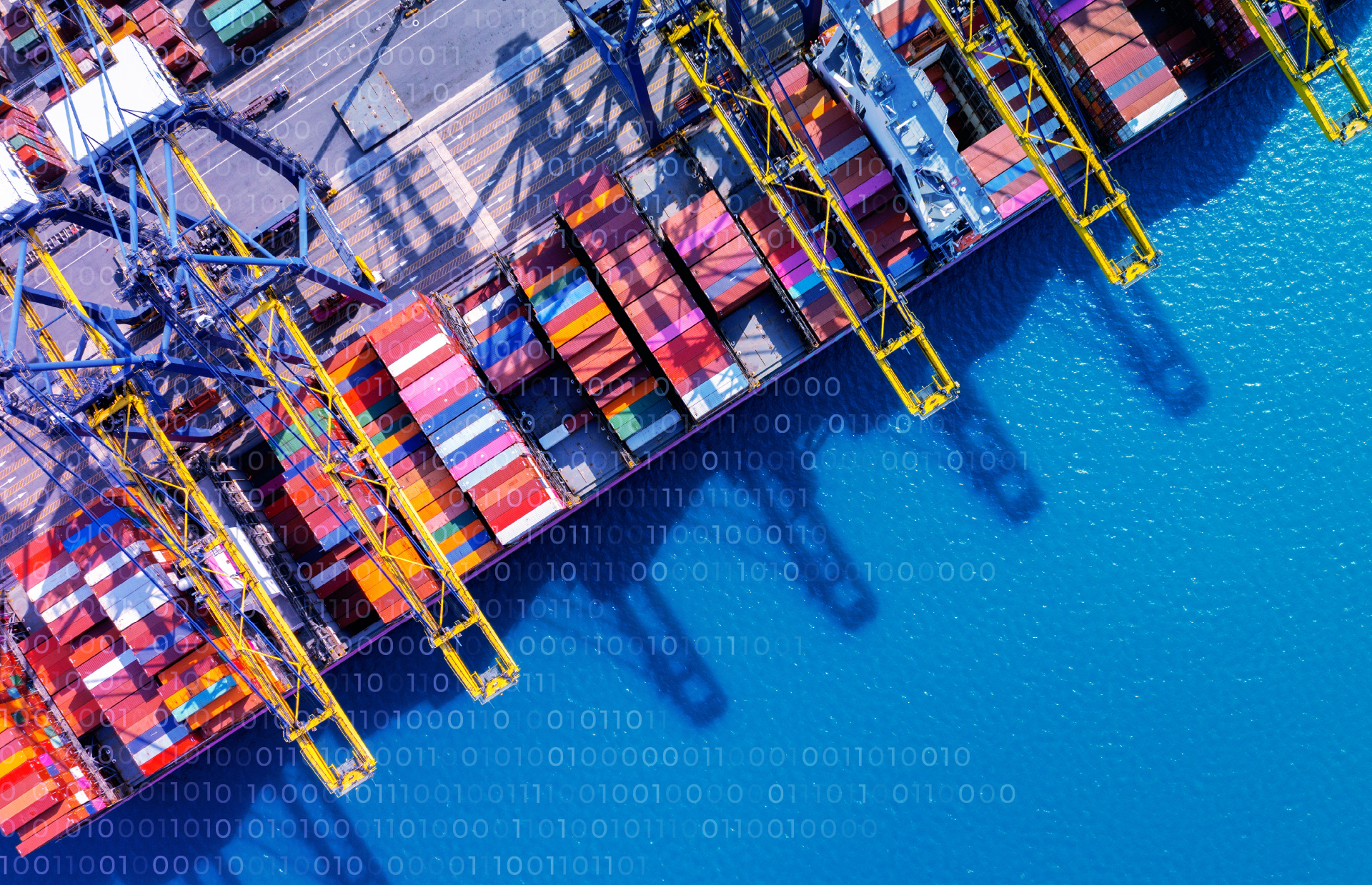
The shipping companies have learned to use sailing cancellations for both defensive and offensive purposes. The position in the current first half of 2025 pleads in favour of a defensive approach.
According to Upply's shipping expert, Jérôme de Ricqlès, a distinction needs to be made between blank sailings that can be described as offensive and those which have a defensive purpose when analysing shipping companies' service strategies.
"Defensive" blank sailings before Covid
In 2019, when the shipping companies were in a disastrous financial situation, Maersk, which had made rigorous service regularity part of its DNA, had to resign itself to cancelling or delaying sailings with its 2M alliance partner MSC for reasons of realism and discipline.
Although this led to a deterioration in service quality, it was a question of survival for Maersk and MSC, along with all the other big shipping companies. In that pre-Covid year, cargo volumes were in short supply in relation to available capacity and freight rates were very low. Two years earlier, the collapse of Hanjin Shipping had shown that even the giants in the container shipping sector could go under. It was necessary, therefore, to try to fill ships as much as possible, even if this meant delaying or cancelling some sailings. Voyages would have been loss-making if original sailing schedules had been maintained. All the big container shipping companies adopted this defensive blank sailing strategy even if they felt guilty about it.
Paradigm change in 2020
In 2020, the Covid 19 pandemic brought world trade to a virtual standstill. Survival became an even more pressing question. It was at this point that we saw a real psychological turnabout on the part of the shipping companies. They turned their back on the cult of obligation and ceased promising the market that they would do all in their power to ensure that their ships sailed regularly on fixed dates.
From April to October 2020, the shipping companies deliberately slowed down services as a means of regaining control over prices, using blank sailings that we can describe on this occasion as offensive. They brought ships back into service gradually, just as the market recovered spectacularly from the end of 2020 to the start of the second half of 2022. This amounted to an acceptance on the part of the container sector that, thanks to the new post-pandemic situation, the regular line business had become semi-regular. It was a pivotal moment in the sector, in which - there is no reason to hide it - there was a hint of revenge. The shipping companies understood that, thanks to an irrational surge in demand, they had temporarily taken back control.
To date, only the new Gemini alliance has indicated that it intends to resume truly regular services. We will need to wait some months to see if it is able to realise its ambitions.
The strategy in 2025
In 2023, there was a sharp slowdown in demand and the shipping industry saw freight rates plunge again, as the additional capacity ordered during the years of prosperity began to arrive on the market. The start of the Houthi attacks in the Red Sea in the autumn temporarily pushed freight rates up again at the start of 2024 but, since then, the situation has gradually returned to normal. The financial results of the shipping companies are far from having deteriorated as much as they did in 2019 but the second quarter of 2025 got off to a bad start on east-west markets both in terms of cargo volumes and freight rate trends.
In this situation, the shipping companies announced a series of blank sailings in the transpacific market and on the Asia-Europe corridor. Should we describe these blank sailings as offensive or defensive?
American policy on customs duties and taxes has added to existing international tensions, which are already at a high level. This conjunction of unfavourable factors is worrying. The chances of a reduction in cargo volumes on east-west markets is starting to change from a hypothesis to a credible scenario. For this reason, we can describe the current round of blank sailings as defensive. The shipping companies sense that they are moving into a much more complex period, particularly if freedom of navigation is restored in the Red Sea. They are therefore trying to keep freight rates ahead of operating costs for as long as possible.
Now that the United States has eased tariffs on imports from China for a period of 90 days, it will be interesting to see what strategy shipping companies adopt: if blank sailings continue on a large scale, we could once again be talking about an offensive move, as demand rebounded immediately after the announcement of this pause in the trade war.
One thing is certain: Feelings of guilt are no longer on the agenda. Thanks to the post-Covid period, the shipping companies learned that they have cards in hand. They assume responsibility for their strategy both in relation to their customers and nation states. The shipping companies have understood that, apart from their key economic role, they are also a key component of national sovereignty at a time when this concept is coming to the fore with renewed vigour.

Jérôme de Ricqlès
Shipping expert
Our latest articles
-
Subscriber 3 min 13/02/2026Lire l'article -
2025 review of air cargo and outlook for 2026
Lire l'article -
Outlook 2026: Stable growth and rising risks
Lire l'article


